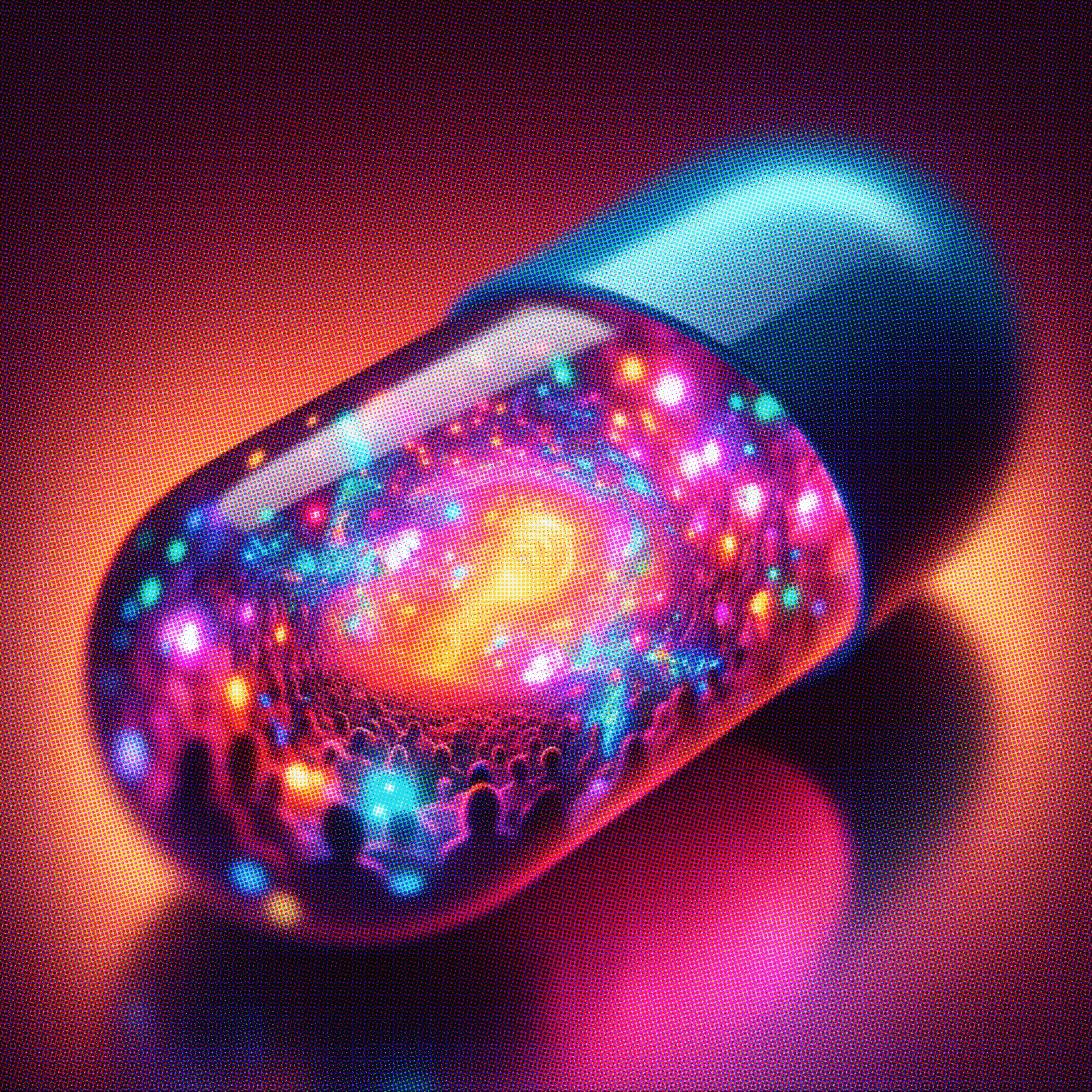
Deep Dive
Why are psychedelics considered to have the potential to transform mental health treatment?
Psychedelics are seen as transformative because they can produce profound changes in perception, emotion, and cognition, leading to significant improvements in conditions like depression, anxiety, and PTSD. Research has shown that these substances can facilitate deep emotional breakthroughs and mystical experiences that can have long-lasting positive effects on mental well-being.
Why is there a debate over whether the therapeutic benefits of psychedelics come from the trip or the drug itself?
The debate centers on whether the profound psychological experiences (the 'trip') are necessary for the therapeutic benefits of psychedelics, or if the chemical changes in the brain (the 'drug') are sufficient. Some researchers, like David Olson, are exploring the possibility of creating non-hallucinogenic versions of these drugs to broaden access and reduce the intensity of the experience.
Why is the scalability of psychedelic therapy a major concern for researchers like David Olson?
The scalability of psychedelic therapy is a major concern because it typically requires a clinical setting with multiple healthcare providers, making it expensive and inaccessible to many people. Additionally, certain conditions like schizophrenia or heart problems can exclude individuals from treatment. Non-hallucinogenic versions of these drugs could potentially be taken at home, making them more widely available.
What is the primary goal of David Olson's research with psychoplastogens?
David Olson's research with psychoplastogens aims to create drugs that can repair the prefrontal cortex and reestablish synaptic connectivity without the hallucinogenic effects. These drugs could be taken at home, making them more accessible and potentially avoiding the side effects associated with traditional SSRIs.
Why are psychedelics considered a radical alternative to traditional antidepressants?
Psychedelics are considered a radical alternative to traditional antidepressants because they work through a different mechanism. While SSRIs aim to balance neurotransmitters over time, psychedelics can rapidly induce neuroplasticity and profound psychological experiences that can lead to immediate and lasting changes in mental health. This approach is often seen as more holistic and transformative.
Why is the experience of a psychedelic journey important according to Chuck Raison?
According to Chuck Raison, the experience of a psychedelic journey is important because it can lead to emotional breakthroughs and psychological insights. These experiences can help individuals face and resolve deep-seated issues, leading to long-term improvements in mental health. The experience itself, not just the biological changes, is believed to be a key factor in the therapeutic benefits.
What are the risks and challenges associated with underground psychedelic healing practices?
Underground psychedelic healing practices involve significant risks, including legal repercussions and potential harm to participants. These practices are illegal, and practitioners risk arrest and imprisonment. Additionally, the lack of regulation and oversight can lead to unsafe conditions and adverse outcomes. Despite these risks, many practitioners feel compelled to continue because of the profound positive effects they have witnessed.
Why do the women elders in the psychedelic underground have a different approach compared to university researchers?
The women elders in the psychedelic underground have a different approach because they focus on long-term transformation and spiritual growth rather than symptom reduction. They often work with individuals over many years, providing ongoing support and guidance. Their methods are more holistic and deeply rooted in spiritual and indigenous practices, which differ from the more clinical and research-driven approach of university scientists.
Shownotes Transcript
For all the talk about how psychedelics might transform psychiatric care, there's still a fascinating question at the heart of psychedelic science. Is it the mind-blowing experience that fundamentally changes a person’s outlook on life? Or is it the powerful molecules that rewire the brain?Original Air Date: December 16, 2023Interviews in this hour:Does psychedelic therapy need the trip?) - Will psychedelics replace antidepressants?) - Spiritual warriors in the psychedelic underground)Guests:David Olson), Charles Raison), Rachel Harris)Never want to miss an episode? Subscribe to the podcast.)*Want to hear more from us, including extended interviews and favorites from the archive? *Subscribe to our newsletter.)